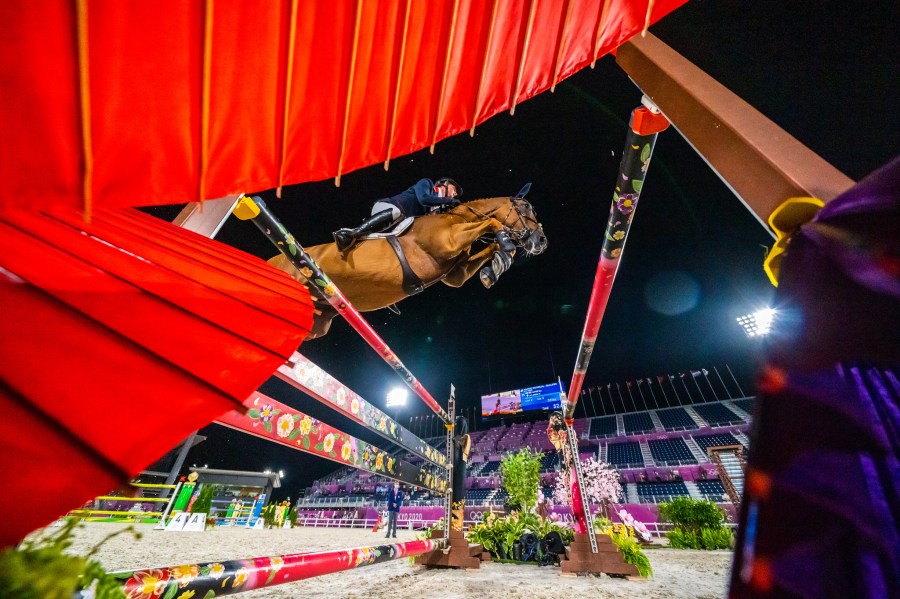The horse world must unite in order to encourage public appreciation of equestrianism, according to the president of The International Federation for Equestrian Sports (FEI). Ingmar de Vos discussed the matter in his speech, Public acceptance of equestrianism: A view from horse sport, at this week’s World Horse Welfare conference (24 January).
Ingmar said horse welfare and encouraging public acceptance of horse sport was something he was passionate about, as well as a crucial aspect of his job. He acknowledged that one big challenge for the industry was acknowledging the shift in public perception of horse sport, and accepting the fact that the public has the right to question our sport.
Ingmar said it is in equestrians’ best interests to listen to what the public has to say, rather than to put the onus on them to try to better understand our sport, adding that we shouldn’t shun their opinions or take the view that we are fine in our “bubble”.
An outside audience often views different equestrian disciplines as one and the same, he stressed, and cited the incident involving the modern pentathlon at Tokyo 2020 where many saw no distinction between this sport and FEI disciplines.
“This demonstrates that the responsibility does not just rest with the FEI, but the entire community and we are only as strong as the weakest link,” he said.
Taking action
The FEI’s recognition that there was a need for an independent perspective on horse welfare led to the creation of the Equine Ethics and Wellbeing Commission in 2022.
The Commission recently delivered a report to FEI board, and found six priority areas of focus to ensure welfare is at the forefront of horse sport:
- Training and riding; and tack and equipment
- Recognising physical and emotional stress
- Accountability, enforcement and knowledge
- ‘The other 23 hours’
- Competitive drive
- Fitness to compete and masking health problems
The Commission also conducted several surveys and from this research, 30 recommendations were presented to the FEI board. The recommendations are now being reviewed.
“It was important it wasn’t just a PR stunt to silence the distractors, but rather a body of work and a framework that addressed both of the issues as well as the processes needed to maintain our social licence and ensure we were leading and not reacting when it came to equine welfare and wellbeing matters,” said Igmar, adding that there is no single strategy that will work forever to address the issues, but it left the industry “far better equipped following this self reflection”.
Working together
Igmar explained that while the FEI has “elaborate” rules on welfare, a “strong” code of conduct and collaboration with national federations and veterinary bodies, it cannot control aspects outside international equestrian sport.
“We reaffirm and communicate our values, which are centered on always placing the welfare of the horse first, but the reality is we don’t have the overarching reach and power which is sometimes assumed of us,” he added. “We can’t do this alone. We need the acceptance of the entire equestrian community, as we are only as strong as our weakest link, and there is no doubt that together we are stronger, which is also the Olympic motto.
“Detractors can shout loud, but if we are all consistent and current in our actions, in the standards we apply, in our communications, if we can show just how much we care and do for the welfare of the horse, and on the flip side how much the horse and horse sports contribute to society, then I believe we can go further than maintain the public’s acceptance, we can secure their appreciation for what we do and for what our sport brings to society.”
The World Horse Welfare conference, Social licence: Learning from other industries? took place on 24 January, 2024.
Lead image credit: FEI/Arnd Bronkhorst









